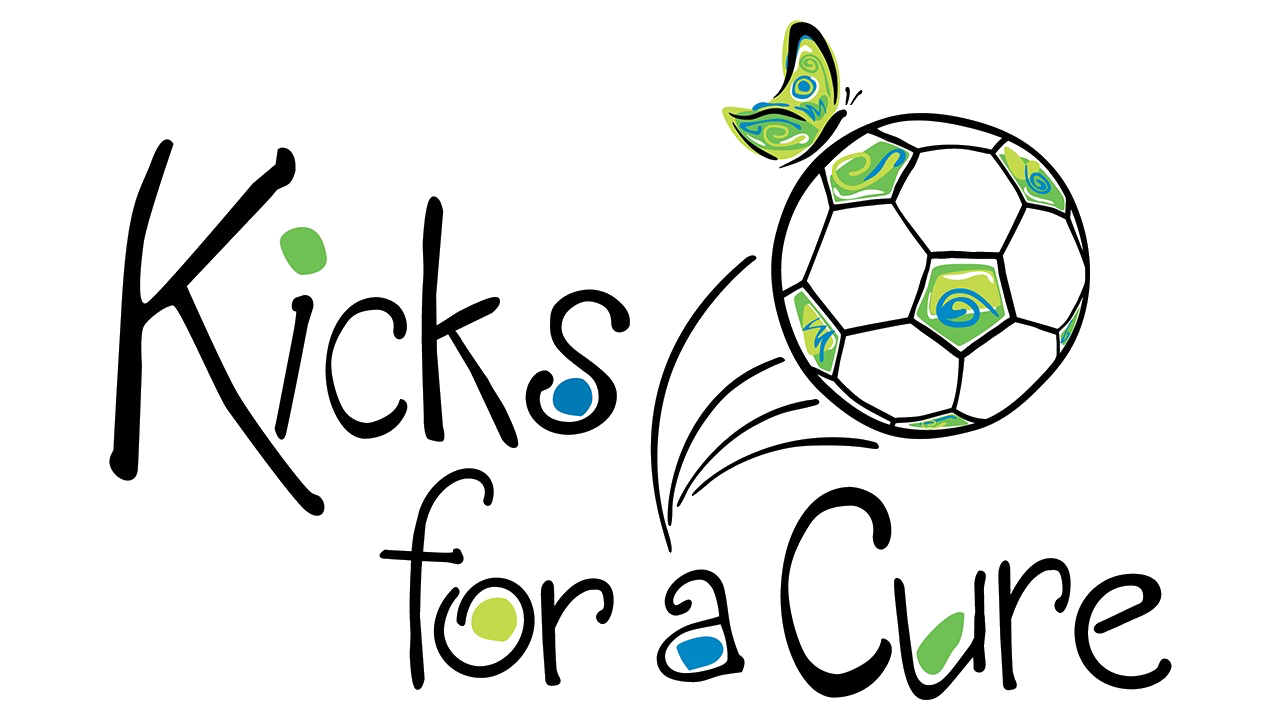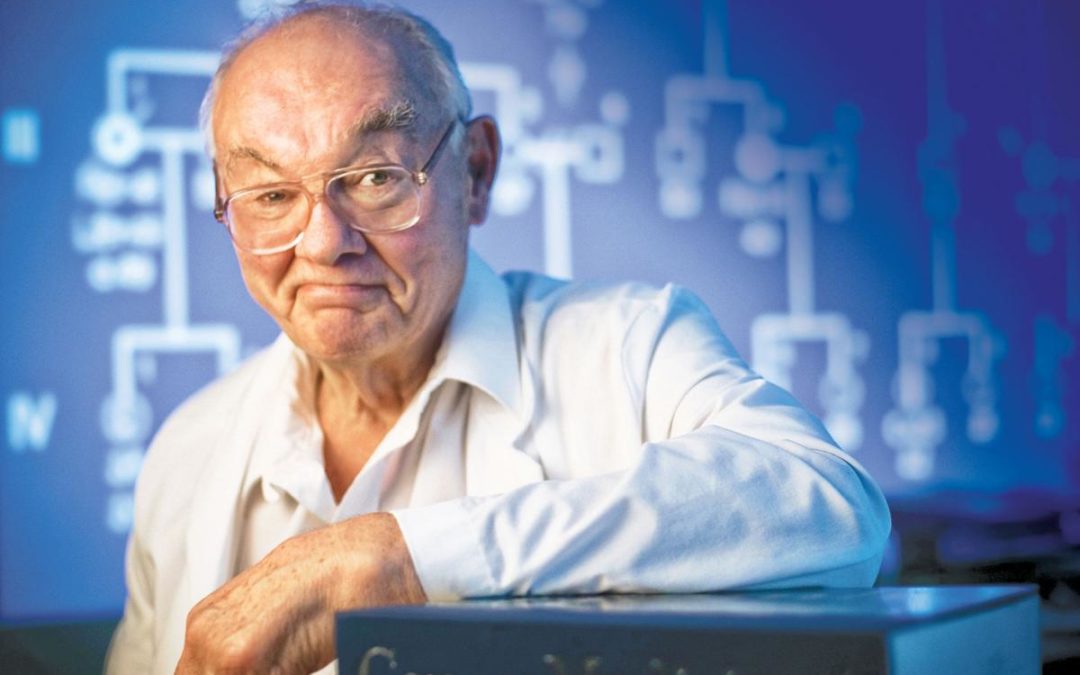It is with a heavy heart that I share the news that longtime Creighton University School of Medicine professor and eminent cancer researcher Henry T. Lynch, MD, died yesterday at the age of 91. A memorial Mass is scheduled for June 10, at 10 a.m., at St. John’s Church.
Lynch was the founder and director of the Hereditary Cancer Center at Creighton, which opened in 1984, and dedicated his life to cancer research, especially hereditary cancers.
His early research in the 1960s into whether cancer may have a genetic cause was pioneering, and initially dismissed by the medical establishment. It was widely believed, at the time, that environmental factors were the primary cause.
Lynch persisted, creating a hereditary cancer registry at Creighton that now includes the cancer histories of more than 3,000 families. His work demonstrated patterns of cancer syndromes through multiple generations of families.
He and collaborating researchers went on to definitively identify several genetic cancer syndromes and make invaluable connections between different types of cancers that were not known to be related.
In 1984, the term “Lynch syndrome” was coined to recognize his contributions in identifying a strain of hereditary nonpolyposis colon cancer. His identification of the Lynch syndrome provided a more accurate prediction of a patient’s risk for the disease, allowing for earlier detection and treatment.
In addition, Lynch was the first in the world to discover the hereditary breast-ovarian cancer syndrome, a finding that affects countless hereditary breast-ovarian cancer-prone families. This discovery led to the identification of BRCA mutations for diagnosis of hereditary breast cancer.
Lynch came to Creighton in 1967 and, in addition to his work with the Hereditary Cancer Center, served as chairman of Creighton’s Department of Preventive Medicine and Public Health. In 2004, he was named the inaugural holder of the Charles F. and Mary C. Heider Endowed Chair in Cancer Research. He lectured nationally and internationally, and was widely recognized for his groundbreaking work. He published more than 850 manuscripts and authored more than a dozen books. He served on the editorial board of Anticancer Research-International Journal of Cancer Research and Treatment, and advisory boards of Critical Reviews in Oncogenesis and the Journal of Tumor Marker Oncology.
In May, he was honored by OncLive, a digital platform of resources for practicing oncologists with a suite of internationally recognized publications, as one of 15 “Giants of Cancer Care” for his lifetime of research in genetics and cancer prevention. In 2017, he was presented the inaugural Luminary Award from the Ruesch Center for the Cure of Gastrointestinal Cancers. His lifetime of teaching and research into hereditary cancer also earned him a distinguished “fellowship” designation from the American College of Physicians (ACP) and the Walter J. O’Donohue Award from the ACP’s state chapter. He received awards from the American Cancer Society, the American Society of Clinical Oncology, and Susan G. Komen. In 2015, the Dr. Henry T. Lynch Symposium was held in Omaha, as both a tribute to the Creighton researcher and as an international gathering of scientists in hereditary cancer.
In September 2015, CHI Health announced that the cancer centers at two of its hospitals — Immanuel Medical Center and Bergan Mercy Medical Center — would be named the Henry Lynch Cancer Centers in his honor.
Lynch was a Creighton institution and loved his work. One story from the 1980s tells of Lynch, who had injured his back, being wheeled into class on a gurney to deliver a lecture. His path to scientist was also something of legend. Born in Lawrence, Massachusetts, Lynch grew up in Depression-era New York and used an older cousin’s identification to join the U.S. Navy at 16. He served as a gunner on a Marine ship in the Pacific during World War II.
After being discharged from the military in 1946, Lynch stepped into the ring as a professional boxer – where he gained the nickname “Hammerin’ Hank.” He would return to school in the late 1940s, earning bachelor’s, master’s, and medical degrees and conducting doctoral work in human genetics.
Dr. Lynch was preceded in death by his wife, Jane, a psychiatric nurse, who assisted him in his research – which included travels across the nation and around the world, conducting studies and collecting data. He is survived by their three children, Patrick Lynch, JD’75, MD’83, and his wife, Mary Tribulato Lynch, MD’79, of Houston, Kathy Pinder and her husband, Pat, of Corona, California, and Ann Kelly and her husband, Jim, of Redondo Beach, California, and several grandchildren.
At 6-foot-5, Lynch was a towering figure at Creighton – in more ways than one. He was humble in spirit, deeply passionate in his work, and gracious to all. With his passing, we join a wide community of colleagues, researchers, patients, students, and health professionals who not only mourn his loss, but are eternally grateful for his dedication, zest for life, and commitment to serving humanity.

